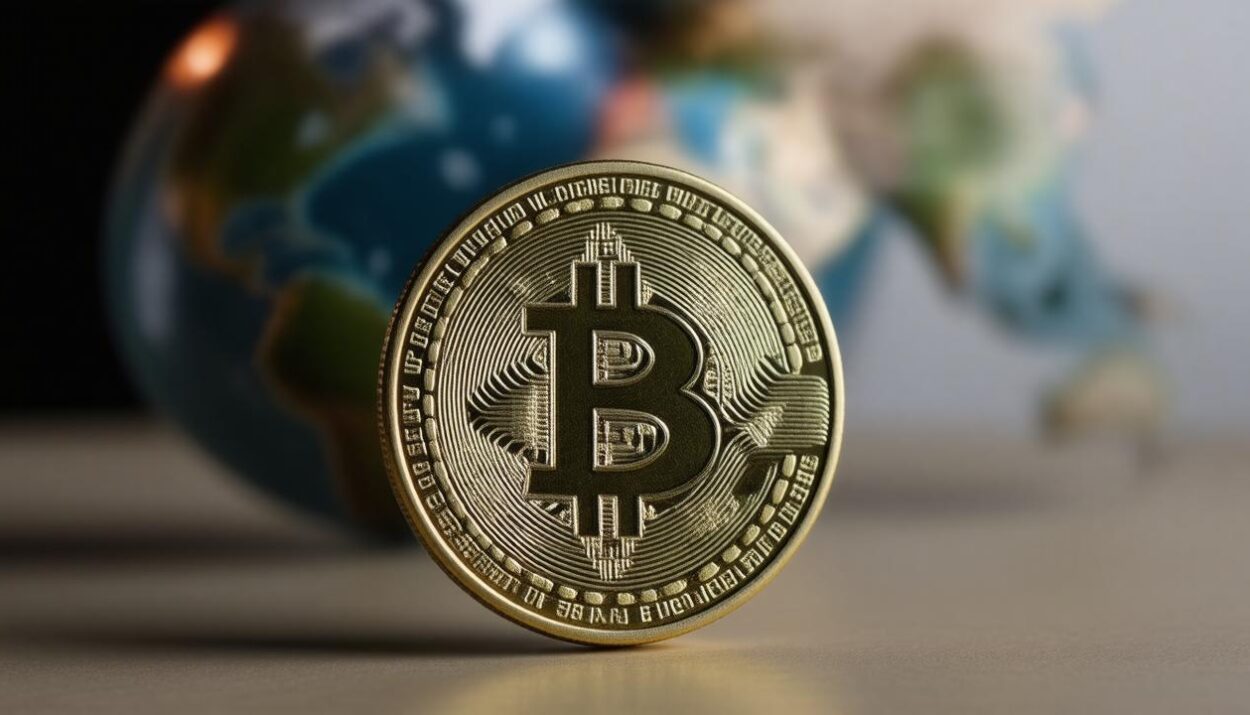Small Nations Make Big Moves in Bitcoin: El Salvador and Bhutan Pave the Way for Crypto-Driven Economic Growth
Two small nations, El Salvador and Bhutan, are redefining their economic strategies with bold moves into the Bitcoin arena. By investing heavily in the world’s most popular cryptocurrency, these countries are showcasing the potential of Bitcoin to drive economic transformation and resilience.
El Salvador: A Pioneer in Bitcoin Adoption
Under the leadership of President Nayib Bukele, El Salvador has become a symbol of crypto innovation. Since adopting Bitcoin as a legal tender in 2021, the nation has gained significant global attention and demonstrated the viability of cryptocurrency as a tool for financial inclusion, foreign investment, and economic growth.
El Salvador’s Bitcoin experiment has been a cornerstone of President Bukele’s sweeping fiscal and economic reforms. The nation has positioned itself as a crypto trailblazer, creating the world’s first legal framework for Bitcoin and launching plans for a tax-free Bitcoin City powered by geothermal energy. These bold initiatives have led to tangible outcomes, including a 19% GDP growth between 2021 and 2023 and a decrease in debt-to-GDP ratio from 95% in 2020 to 59% in 2024.
Bhutan: Sustainable Bitcoin Mining for Economic Growth
Bhutan’s approach to Bitcoin has been more methodical and strategic, focusing on mining rather than adoption as a currency. Utilizing its vast renewable hydropower resources, Bhutan has built one of the most efficient Bitcoin mining operations in the world. The country’s sovereign fund, Druk Holding & Investments, has turned Bitcoin into a profitable national asset, with holdings exceeding $1 billion.
Mining Bitcoin with renewable energy makes Bhutan a model of sustainability and underscores its ability to capitalize on its unique geographical advantages. This approach shows how small nations can leverage cryptocurrency in ways tailored to their strengths, creating new revenue streams while minimizing environmental concerns.
The Bigger Picture: Bitcoin as a National Reserve
El Salvador and Bhutan’s strategies point to a broader trend: the growing interest in Bitcoin as an alternative to traditional reserve assets like gold or oil. Advocates argue that Bitcoin’s decentralization and fixed supply make it an attractive store of value, immune to inflationary pressures that erode fiat currencies.
President Bukele’s vision for Bitcoin City exemplifies this belief. Designed as a tax-free zone powered entirely by renewable geothermal energy, the city will attract global investment and solidify El Salvador’s position as a Bitcoin hub. Bhutan’s mining operations similarly reflect confidence in Bitcoin’s role as a transformative asset capable of driving national revenue and innovation.
Tips for Investing in Bitcoin:
- Understand the risks and rewards of investing in Bitcoin
- Develop a long-term investment strategy
- Diversify your portfolio to minimize risk
- Stay informed about market trends and regulatory changes
Conclusion
El Salvador and Bhutan have charted bold paths into the crypto frontier, showcasing how small nations can harness Bitcoin to drive innovation, financial inclusion, and economic growth. Their stories are not just about profiting from Bitcoin’s price rallies but about redefining what is possible when nations commit to decentralized assets as a core component of their economic strategies.
For more news and insights on the world of cryptocurrency, visit Global Crypto News.























